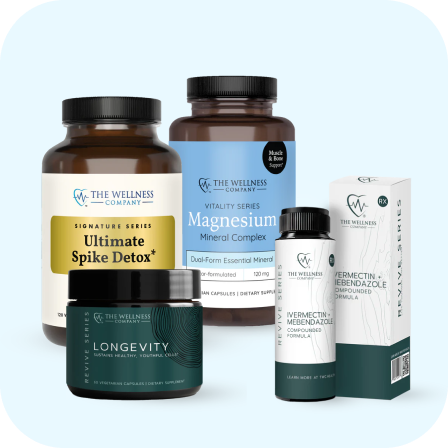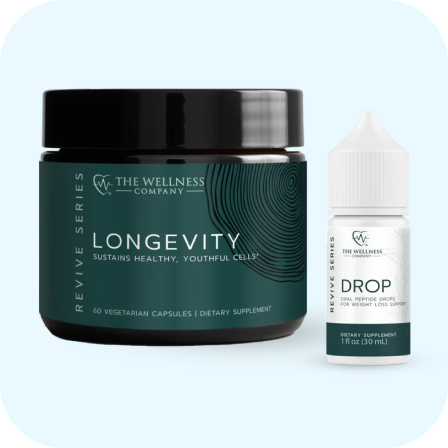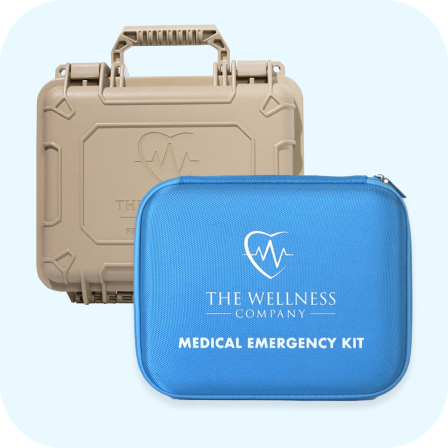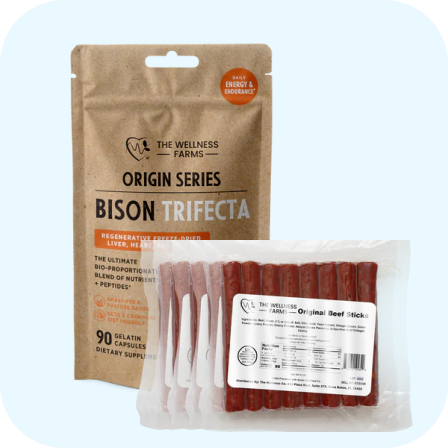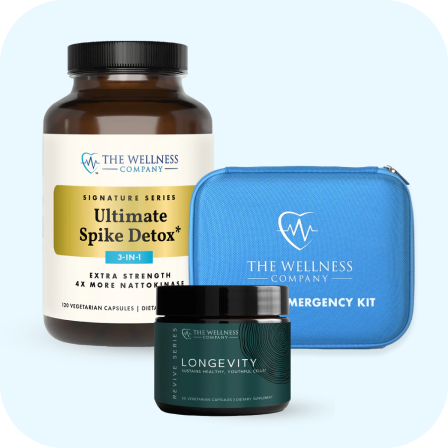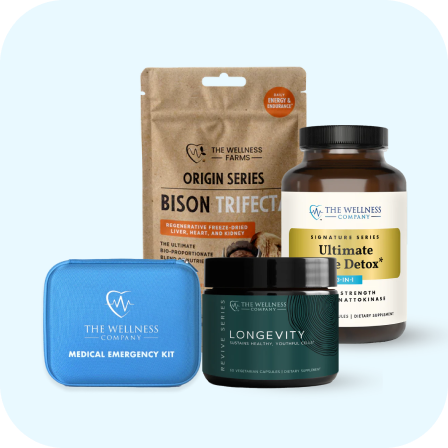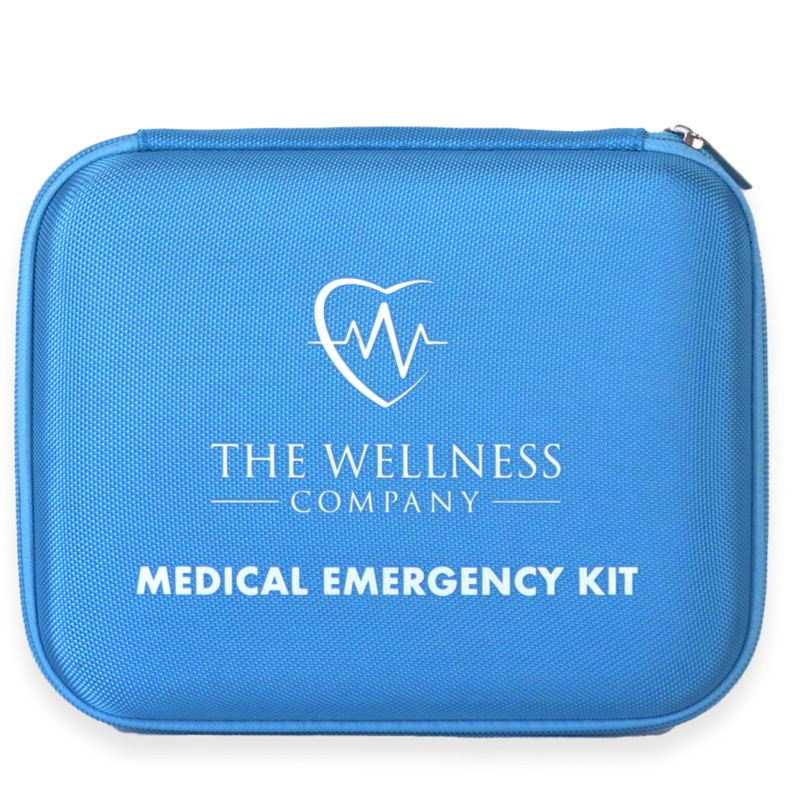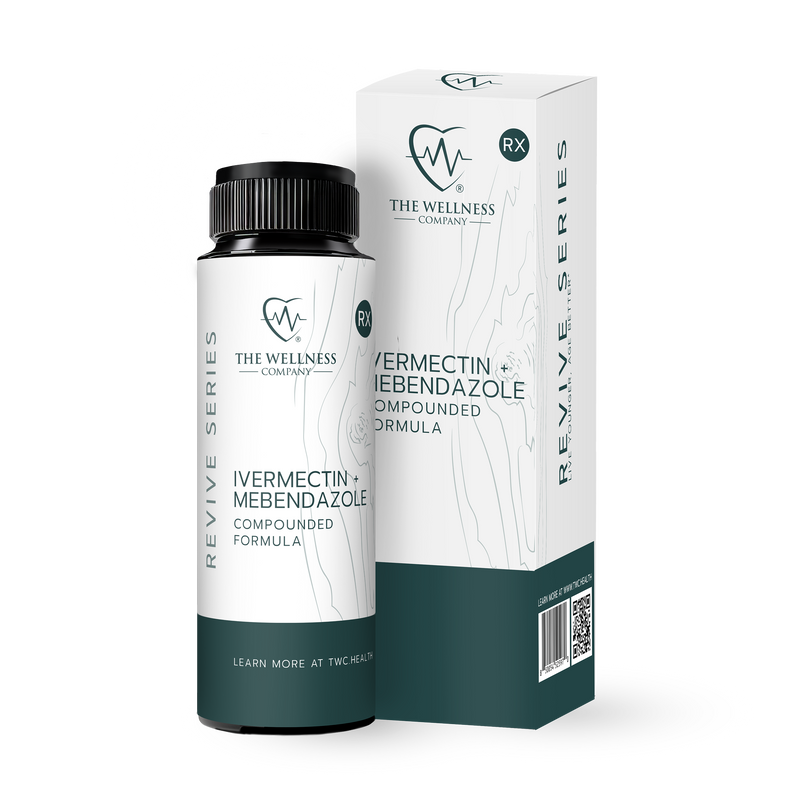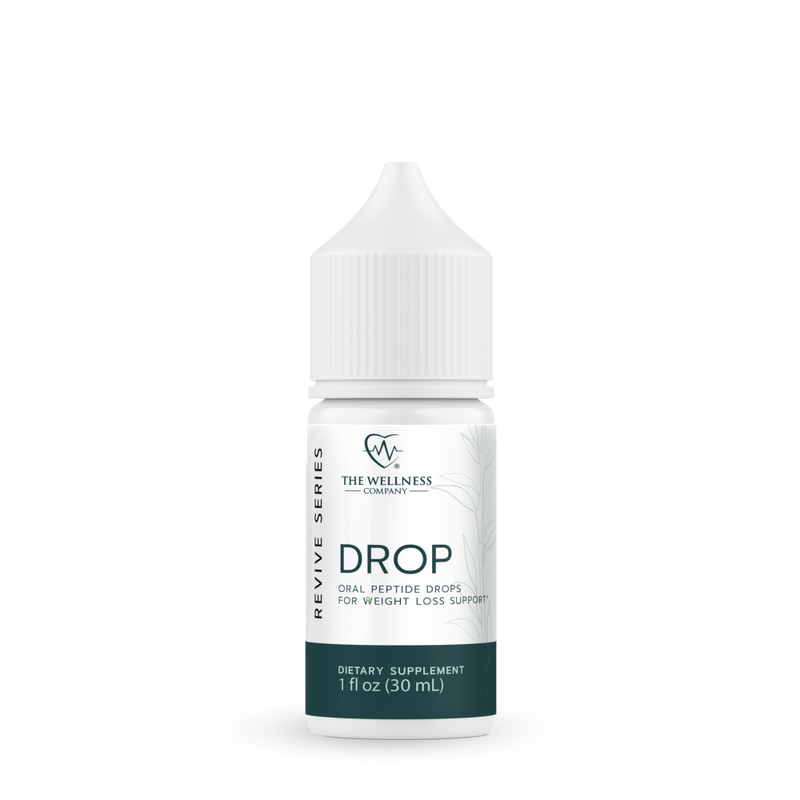Your Favorite Krill Oil Back in Stock - With added Choline!
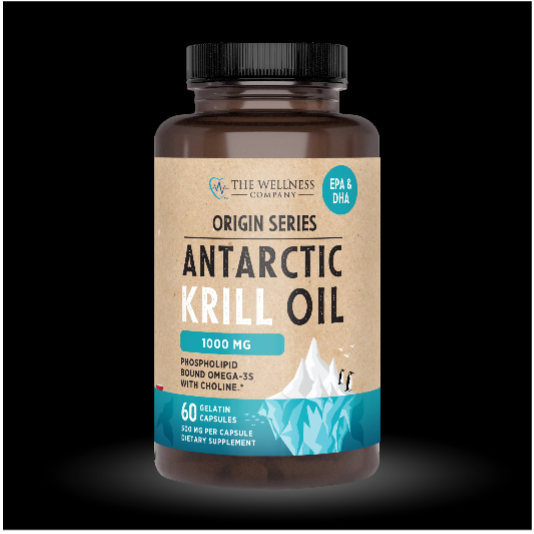
If you aren’t familiar with krill oil and how it differs from fish oil, read on:
What is krill oil?
Krill oil is a dietary supplement that is extracted from krill, a small shrimp like crustacean harvested from the pure unpolluted waters of the Antarctic Ocean.
Krill oil vs fish oil
Unlike fish oils, krill oil naturally contains antioxidant compounds- astaxanthin and a form of vitamin E that protects against rancidity. Because fish oils don’t contain natural antioxidants, their shelf life is much shorter, making them susceptible to oxidation. Krill oil has no fishy smell or aftertaste since it is not extracted from fish. Manufacturers attempt to cover up the fishy smell and taste by adding flavorings. By doing this, they potentially cover up the telltale signs of rancidity. (1)

Health benefits of krill oil
Compared to fish oil supplements, krill oil has numerous health benefits that surpass fish oil:
- Phospholipids
- Both krill oil and fish oil contain DHA and EPA, both of which are omega-3 fatty acids. It is believed that krill oil has a higher bioavailability than fish oil because the krill oil EPA and DHA are expressed as phospholipids; with fish oil, they are stored as triglycerides. (1)
- Reduced Inflammation
Krill oil has shown anti-inflammatory effects in several studies. In one test-tube study, it reduced the production of inflammation-causing molecules in human intestinal cells exposed to harmful bacteria. A study of 90 people with chronic inflammation found that taking 300 mg of krill oil daily reduced the marker of inflammation by up to 30% after one month. (2)
- Improved Arthritis Symptoms
Research indicates krill oil may help reduce arthritis pain and inflammation. A study of 50 adults with mild knee pain found that taking krill oil for 30 days significantly reduced pain while sleeping and standing, and increased range of motion. (3)
- Improved Cardiovascular Health
- Studies have shown phospholipids can help reduce total cholesterol, LDL cholesterol, and triglycerides while increasing HDL cholesterol. This may help lower cardiovascular disease risk. (4)
- Enhanced Brain Function
Phospholipids, particularly phosphatidylserine (PS), have been found to improve memory, learning, concentration, and vocabulary skills. Higher omega-3 intake has been associated with a reduced risk of types of dementia like Alzheimer's disease. (5,6)
- Eye Health
DHA and EPA may improve certain eye conditions, including dry eyes and diabetic retinopathy. These fatty acids also enhance eye health by providing important oils that your tear ducts use to moisturize your eyes. They have also been shown to decrease eye pressure, a risk factor for glaucoma. (7,8)

Choline, a powerful antioxidant, has been added to our improved krill oil
Along with being a powerful antioxidant choline also serves as the precursor of the neurotransmitter, acetylcholine (ACh). Ach plays a role in regulating cardiac contractions and blood pressure, intestinal peristalsis, glandular secretion, etc.
Health benefits of choline:
- Liver Health
- Choline is crucial for proper liver function and may help prevent non-alcoholic fatty liver disease (NAFLD). Low choline intake has been linked to an increased risk of NAFLD. (10)
- Brain Function
Some observational studies have shown a link between higher choline intakes and improved cognitive performance in adults. However, more research is needed to confirm these effects. (10)
- Fetal Development
Adequate choline intake during pregnancy is important for fetal brain development. Choline deficiency may increase the risk of neural tube defects in unborn babies. (1)

The Krill oil advantage - Back in stock and better than ever!
- Sustainably sourced from the pristine waters of the Antarctic
- Natural phospholipids that are more bioavailable than fish oil
- Powerful anti-inflammatory properties supporting brain, eye, heart, and joint health
- Added choline to promote liver, brain, and fetal development
- No fishy aftertaste
References:
- https://www.drugs.com/medical-answers/krill-oil-vs-fish-oil-difference-3040407/
- Bunea, R., El Farrah, K., & Deutsch, L. (2004). Evaluation of the effects of Neptune Krill Oil on the clinical course of hyperlipidemia. Alternative Medicine Review: A Journal of Clinical Therapeutic, 9(4), 420-428. https://pubmed.ncbi.nlm.nih.gov/17353582/
- Deutsch L. Evaluation of the effect of Neptune Krill Oil on chronic inflammation and arthritic symptoms. J Am Coll Nutr. 2007 Feb;26(1):39-48. doi: 10.1080/07315724.2007.10719584. PMID: 17353582.
- Ursoniu S, Sahebkar A, Serban MC, Antal D, Mikhailidis DP, Cicero A, Athyros V, Rizzo M, Rysz J, Banach M; Lipid and Blood Pressure Meta-analysis Collaboration Group. Lipid-modifying effects of krill oil in humans: systematic review and meta-analysis of randomized controlled trials. Nutr Rev. 2017 May 1;75(5):361-373. doi: 10.1093/nutrit/nuw063. PMID: 28371906.
- Glade, M. J., & Smith, K. (2015). Phosphatidylserine and the human brain. Nutrition, 31(6), 781-786. https://doi.org/10.1016/j.nut.2014.10.014
- Tran, Q. (2022, October 7). Omega-3 intake in midlife reduced dementia risk. Alzheimer's Research UK. Retrieved from https://www.alzheimersresearchuk.org/news/omega-3-intake-in-midlife-reduced-dementia-risk/
- Weir, N. L., Guan, W., Karger, A. B., et al. (2023). Omega-3s and diabetic retinopathy. Review of Ophthalmology. Retrieved from https://www.reviewofophthalmology.com/article/omega3s-and-diabetic-retinopathy
- Tellez-Vazquez J. Omega-3 fatty acid supplementation improves dry eye symptoms in patients with glaucoma: results of a prospective multicenter study. Clin Ophthalmol. 2016 Apr 5;10:617-26. doi: 10.2147/OPTH.S96433. PMID: 27103781; PMCID: PMC4827597.
- Blusztajn JK, Liscovitch M, Mauron C, Richardson UI, Wurtman RJ. Phosphatidylcholine as a precursor of choline for acetylcholine synthesis. J Neural Transm Suppl. 1987;24:247-59. PMID: 3316498.
- Office of Dietary Supplements. (n.d.). Choline: Fact sheet for consumers. National Institutes of Health. Retrieved from https://ods.od.nih.gov/factsheets/Choline-Consumer/
- Shaw GM, Finnell RH, Blom HJ, Carmichael SL, Vollset SE, Yang W, Ueland PM. Choline and risk of neural tube defects in a folate-fortified population. Epidemiology. 2009 Sep;20(5):714-9. doi: 10.1097/EDE.0b013e3181ac9fe7. PMID: 19593156.
Written By Brooke Lounsbury







